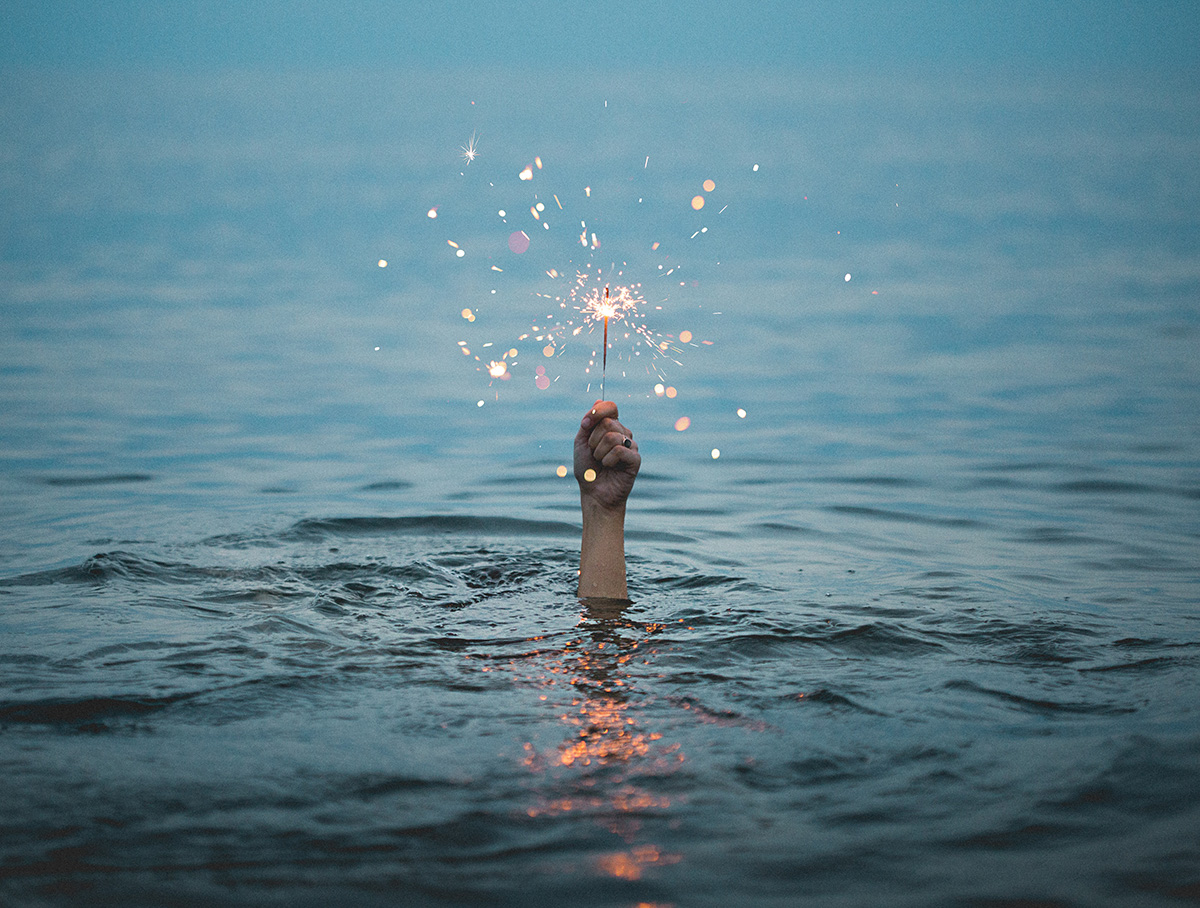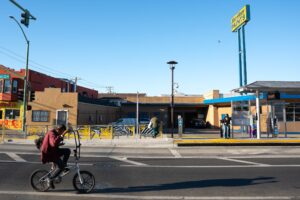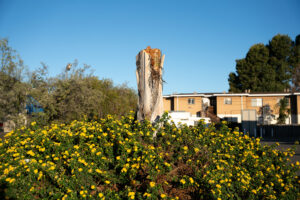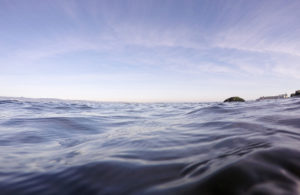As the daughter of Indian immigrants in the Bay Area, where multiculturalism was and continues to be ordinary, I always felt at home in my community. I spent weekends with my father chasing quails in Coyote Hills or exploring tide pools in Half Moon Bay, mostly oblivious to the people around us. But just as I began my career in environmental science, my father unexpectedly passed away. I turned to our traditional common ground, nature, for solace, but in the company of my white colleagues and without Pappa, my brown skin and un-anglicized name made me feel alone.
It is rare to find people of color in the natural sciences. Yet we are by no means anomalous in natural history. Over the last decade, as I have studied declines in salmon populations and the effects of climate change on seagrasses, kelp forests, mussels, oysters, and abalone along the California coast, I have learned about the mosaic of people who worked in the same space: Paleo-Indians who harvested shellfish, Chinese immigrants who founded an abalone fishery, and Vietnamese refugees who fished using gill nets. The natural landscape of the Bay Area has been shaped by prescribed burns by Native Californians, Chinese laborers who helped establish California’s signature vineyards, Sikh farmers who began cultivating almonds and prunes at the turn of the 20th century, and African slaves who mined the Sierra Nevada for gold using mercury that remains in the San Francisco Bay to this day.
It’s common now to hear organizations and conservation leaders talk about bringing more people of color into the outdoors and into natural science. It is harder to do that, though, without a reckoning with the past. We need an act of revisionist natural history to color in the environmental and conservation movements. We should remind every hiker, biker, birder, citizen scientist, and field researcher that innumberable diverse people have shaped our natural spaces.
History matters. Not only does it provide context for the present, but stories from our past also help people feel like they belong. And stories, and the communities they reflect, have been removed from narratives of nature and science. The result is that while discussions about diversifying conservation necessarily consider affordability, many people still feel unwelcome in the natural world and in the sciences. The untold narratives are waiting to be found and created. Sharing diverse origin stories will help make Bay Area landscapes more emotionally accessible to those of us who feel excluded.
We should also celebrate the nascent efforts underway to make this happen. California’s marine protected area monitoring has started to include tribal ecological knowledge. Leaders like Rue Mapp at Outdoor Afro and José Gonzalez at Latino Outdoors have changed the perception of people of color and recreation. I finally found my own sense of possibility through social media, in the accounts of Sri Lankan whale ecologist Asha de Vos and Indo-American oyster ecologist Yaamini Venkataraman. At the Western Society of Naturalists conference last year, I was part of a coalition that introduced bylaws to make our society more diverse, equitable, and inclusive for current and future marine ecologists.
This fall, I will follow in the footsteps of Drs. Abdelghany and Qasim and begin a Ph.D. program at U.C. Davis to study climate change’s effect on shellfish aquaculture. I hope doing so will advance the narrative of women of color in the natural sciences. In joining an international industry that aims to feed our growing global population, there’s potential to be part of an inherently inclusive enterprise. Perhaps by showcasing the diverse stories within this industry—both the growers and the communities their work affects—we can make the word “representation” truly meaningful, and generate a universal sense of belonging in the natural world like the feeling my father created for me so long ago.





